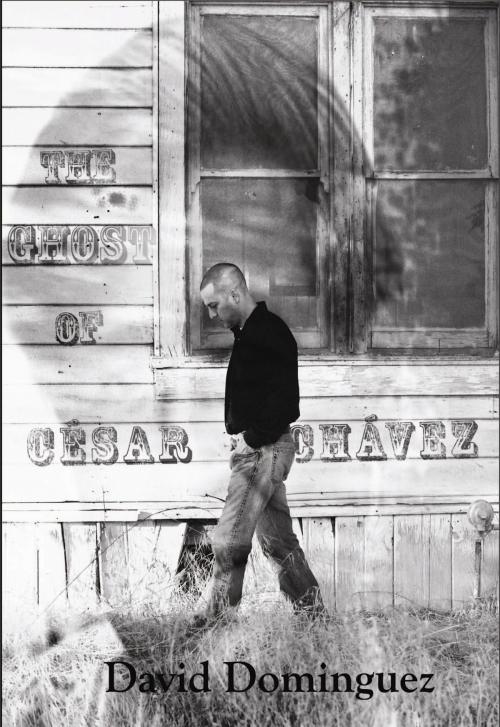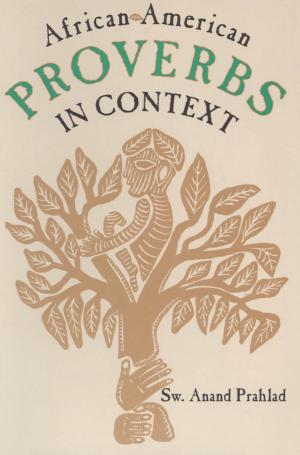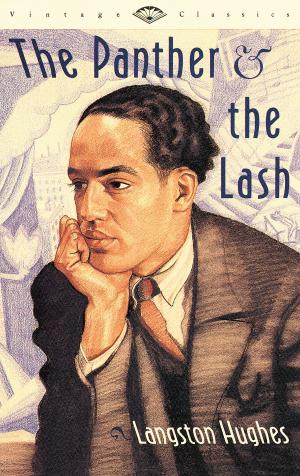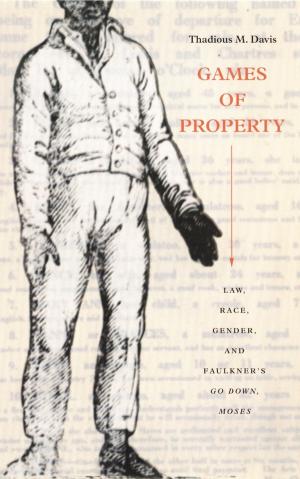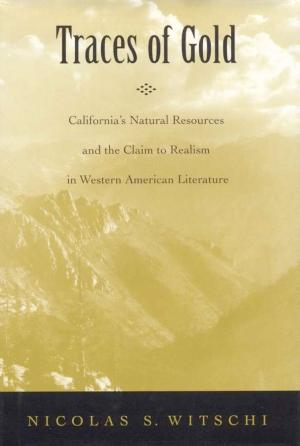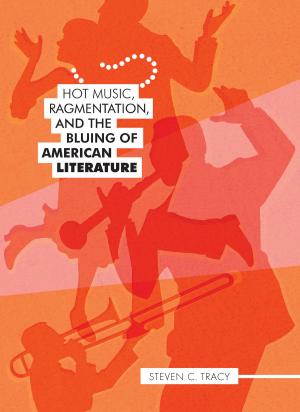| Author: | David Dominguez | ISBN: | 9781936196326 |
| Publisher: | C&R PRESS | Publication: | March 31, 2010 |
| Imprint: | Language: | English |
| Author: | David Dominguez |
| ISBN: | 9781936196326 |
| Publisher: | C&R PRESS |
| Publication: | March 31, 2010 |
| Imprint: | |
| Language: | English |
By bringing us pear blossoms and knife blades, smells of salt and poison, Dominguez weaves an artful web out of the opposites that hold us together. History, both personal and communal, comes alive in the best way, here: through our bodies. As easily as we feel sprinkler water puddle under our toes, we also join Dominguez in the less sublime, but more poignantly human condition of gluttony (a box of Cheez-Its in one sitting—how often do you get to experience that guilty pleasure in a poem?). Even in encouraging his students to dream beyond the packinghouse, he foregrounds the physical: “Give them queso ranchero, and then, tell them to share their words.” Read and savor these poems; join Dominguez “eating figs from the garden” on his backyard patio for a plática poética— and finish fulfilled by the many ways his lively, compassionate narrations both awaken and placate new hungers. —Maria Melendez “Gather them, my friend, the way a spirit gathers the scent of orange blossoms.” The friend in question is the late Chicano poet Andrés Montoya. In other words, these poems are unapologetically rooted in California’s Central Valley where “watermelon [is] sprinkled with chili powder,” where by the end of one poem, the speaker is “leaves dripping into a basin brimming with hose water /…sound rising up and touching the stars.” And yet in another piece, the speaker is “throw[ing] pizza boxes like Frisbees / across the family room floor.” That is: although David Dominguez is a poet wedded to craft and specificity (and therefore a solid poet indeed), The Ghost of César Chávez is rightly wedded to life, which is why I enjoyed it so much. It’s a book I’ll buy to give away. —Francisco Aragón
By bringing us pear blossoms and knife blades, smells of salt and poison, Dominguez weaves an artful web out of the opposites that hold us together. History, both personal and communal, comes alive in the best way, here: through our bodies. As easily as we feel sprinkler water puddle under our toes, we also join Dominguez in the less sublime, but more poignantly human condition of gluttony (a box of Cheez-Its in one sitting—how often do you get to experience that guilty pleasure in a poem?). Even in encouraging his students to dream beyond the packinghouse, he foregrounds the physical: “Give them queso ranchero, and then, tell them to share their words.” Read and savor these poems; join Dominguez “eating figs from the garden” on his backyard patio for a plática poética— and finish fulfilled by the many ways his lively, compassionate narrations both awaken and placate new hungers. —Maria Melendez “Gather them, my friend, the way a spirit gathers the scent of orange blossoms.” The friend in question is the late Chicano poet Andrés Montoya. In other words, these poems are unapologetically rooted in California’s Central Valley where “watermelon [is] sprinkled with chili powder,” where by the end of one poem, the speaker is “leaves dripping into a basin brimming with hose water /…sound rising up and touching the stars.” And yet in another piece, the speaker is “throw[ing] pizza boxes like Frisbees / across the family room floor.” That is: although David Dominguez is a poet wedded to craft and specificity (and therefore a solid poet indeed), The Ghost of César Chávez is rightly wedded to life, which is why I enjoyed it so much. It’s a book I’ll buy to give away. —Francisco Aragón
